bell hooks and My Black Queer Southern Politics
by Charles Stephens
photo: bell hooks in 1995. Photograph by Monica Almeida/The New York Times/Redux
I am a Black gay man from the South. I grew up in a working-class community in Southwest Atlanta that shaped my politics as much as my identity. bell hooks was an accomplished scholar, academic, and public intellectual from Kentucky, who described herself as “queer-pas-gay.” We share the South.
As a yearning, dreamy Black boy, I came across her work, desperate for a way to put the pieces of myself together. And through her body of work as a Black feminist, I was able to not only find a sense of clarity, but I was able to find myself. Among her many books, essays, and interviews, a favorite is her appearance in the 1994 Marlon Riggs documentary “Black Is…Black Ain’t,..” That piece gave me the tools to not only survive, but inspired my commitment to being free. Over the years she remained a model as a thought-leader, and influenced my analysis around white supremacy, patriarchy, and heterosexism, which has led to the development of my own Black queer southern politics. Her insights on healing and spirituality broadened my worldview around what activism could mean and continues to shape my approach to grappling with queer trauma. And though I’ve had plenty of struggles over the years, the parts of my life when I was most engaged with her work were often some of my most joyous.
bell hooks was one of my earliest models of how to speak truth to power. Her own political voice, one that could offer powerful critiques of race, class, and gender oppression, but also layered with personal narratives and intimate stories, always seemed uniquely southern. There was something about the almost operatic way she could launch into the most intense political discourse, but then pivot to a plainspoken language peppered with popular culture references. And then just for the effect, just to make sure we are hanging on to her every word, she would say something completely provocative. I like public intellectuals who curse. And her anti-respectability politics persona was absolutely queer. My own insistence upon combining queer political analysis with popular culture, plus a shock of irreverence and plenty of F-bombs, can be attributed to my Black queer southern sensibilities, but also bell hooks.
Then there was her analysis, and how it shaped my own Black queer southern political worldview. I read the “Autobiography of Malcolm X,” when I was about 12 or 13. In high school, I would also read Carter G. Woodson and Richard Wright. The Black queer writers I read during those years, James Baldwin, and E. Lynn Harris, provided come context, but the dots didn’t quite connect for me politically in their work around racism, homophobia, and my experience. But as I began engaging in the work of bell hooks, and her analysis of race, class, and gender oppression, it helped me to better understand the dominant culture and structural violence.
I wrote one of my first college papers on bell hooks, and her book, “Feminist Theory: From Margin to Center.” It was then that I realized that I didn’t mind writing papers, if I could write about things I loved. This was perhaps the beginning of my continued engagement with her work, including: her wonderful book with Cornel West, “Breaking Bread: Insurgent Black Intellectual Life,” which was tremendously influential. Through hooks I would also begin reading Paulo Freire, whose work would inspire my HIV activism work.
Her later writings on Black masculinity were also hugely valuable for me, as I continued to think through my own relationship to heterosexism and healing. I really admired how bell hooks, as a public intellectual, could speak so forcefully and passionately about spirituality. Though she has written extensively about healing, especially in some of her later works, throughout her works there has been a spiritual dimension; an aspect of faith. bell hooks could speak about self-love and radical politics in the same breath, and as Black queer folks, we have long understood that our survival was anchored in our faith.
The Black Queer South is a current that carries you if you allow it. A soundtrack of gospel, hip-hop and house music, that is the heartbeat and the heartbreak of our survival. Within the tapestry of forces, of impressions, and influences, there was always the voice of bell hooks providing me with the texture to the very deep work of organizing and writing. As a Black gay boy and then young man, bell hooks helped me grasp how oppression was not about personal failure, or something done to me because I was not good enough. Her incredible ideas continue to burn brightly in my leadership and activism.

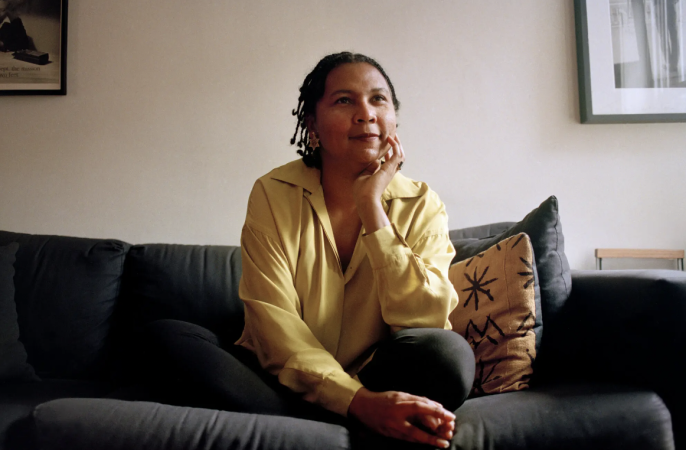



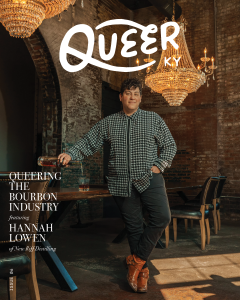

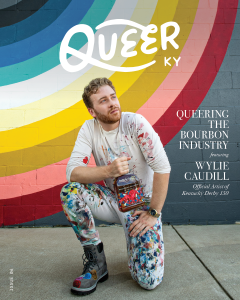
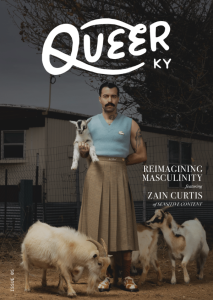
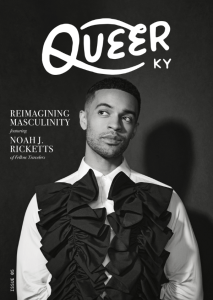
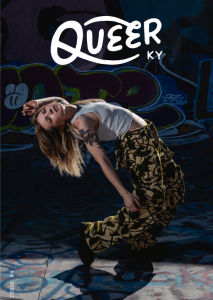
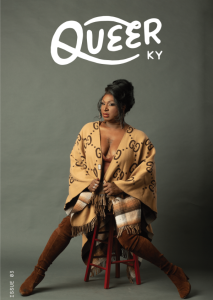
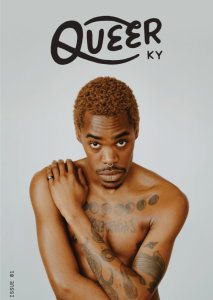


Leave a Reply
Want to join the discussion?Feel free to contribute!